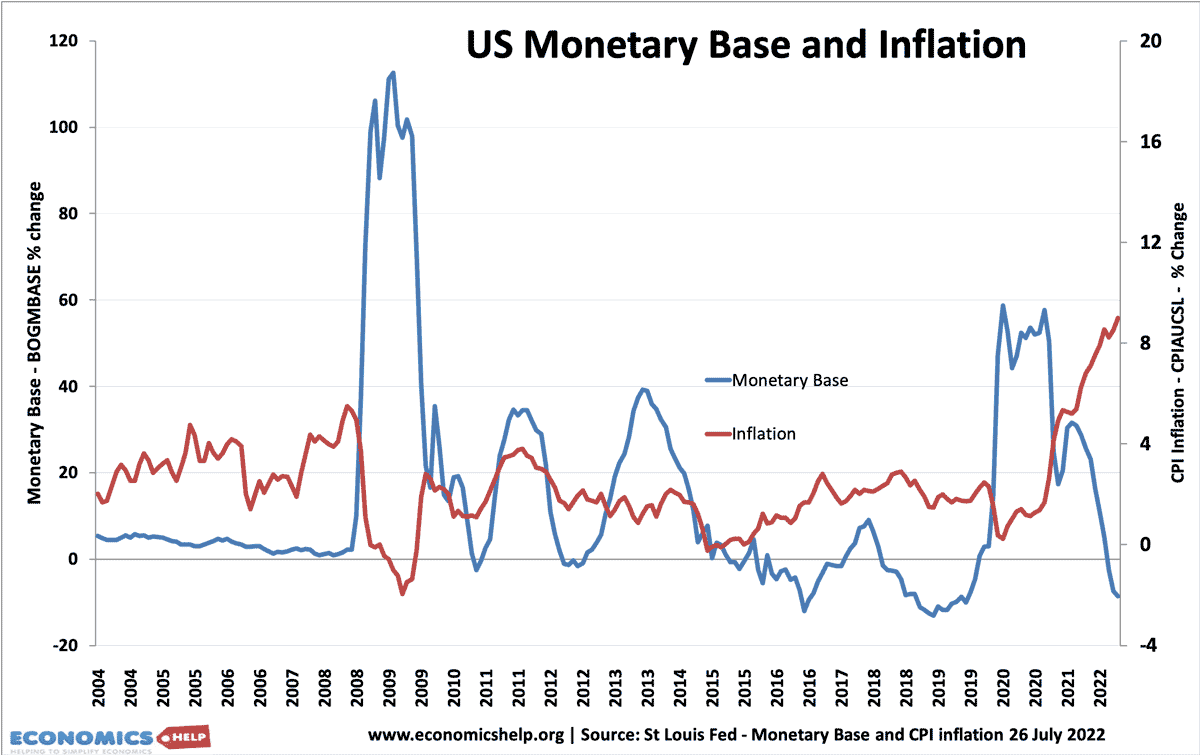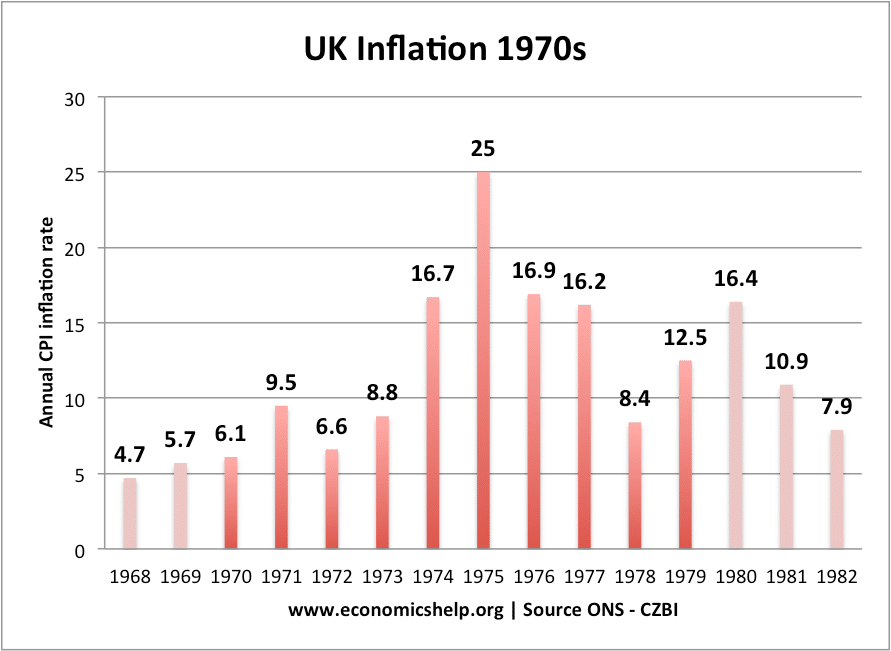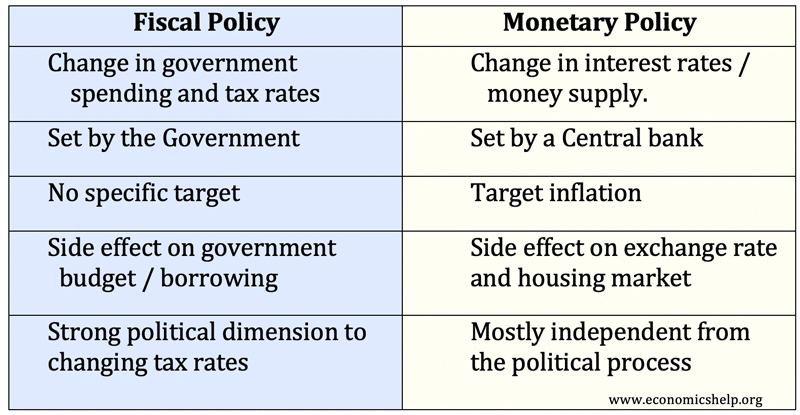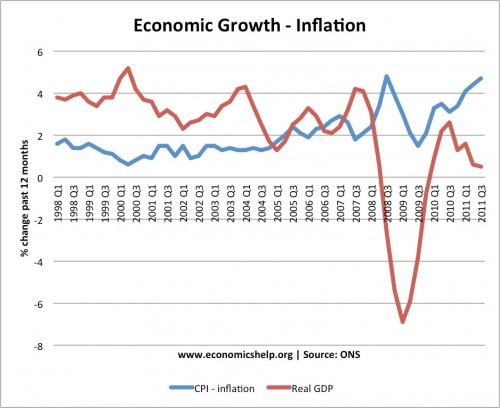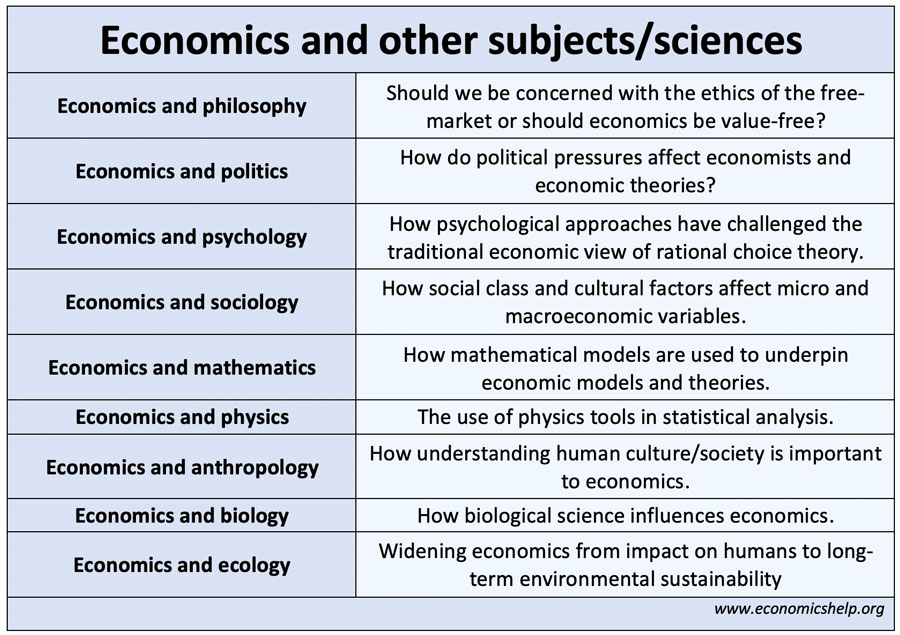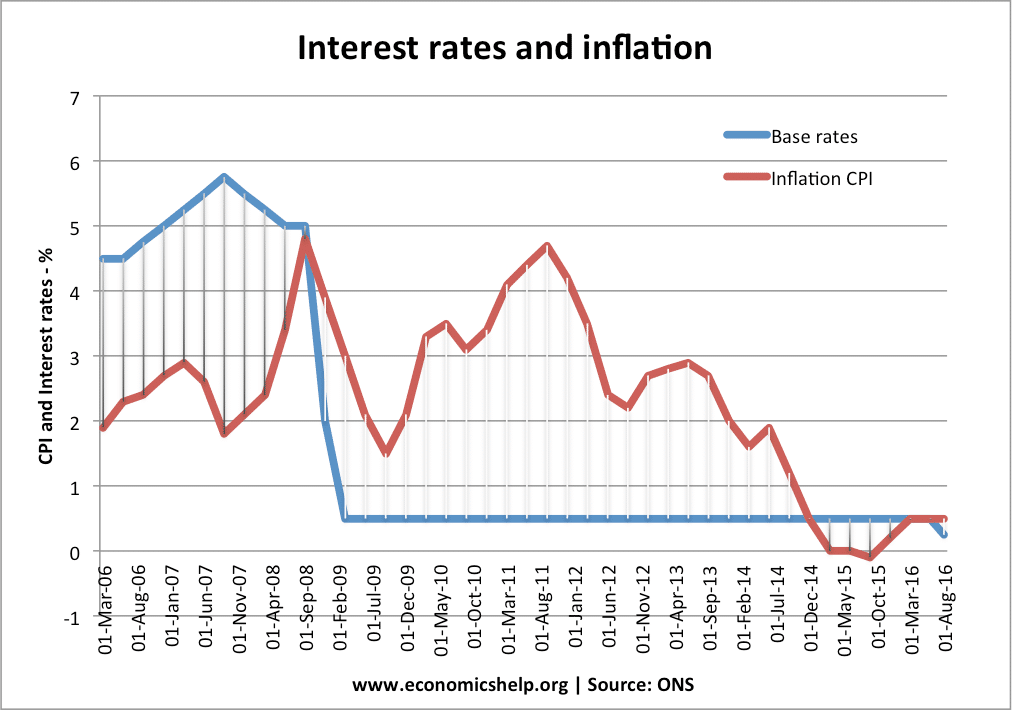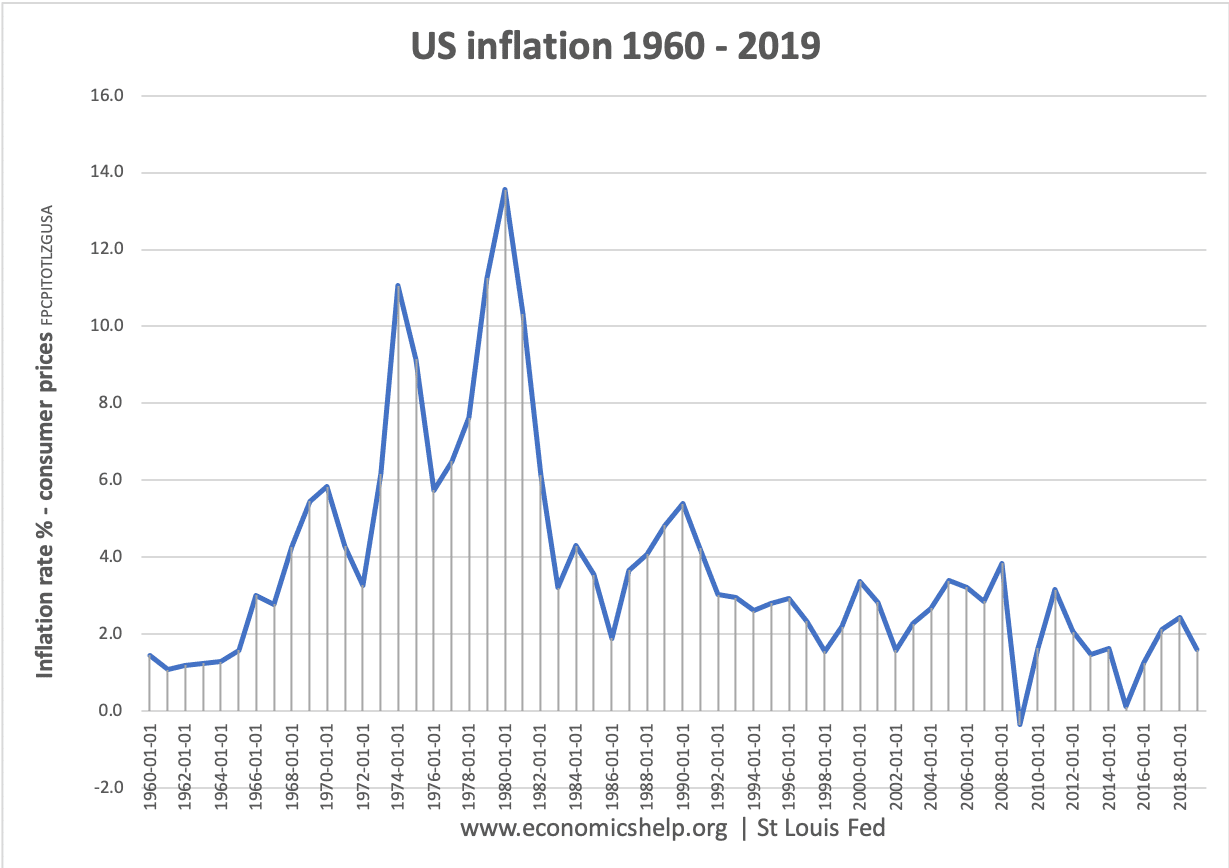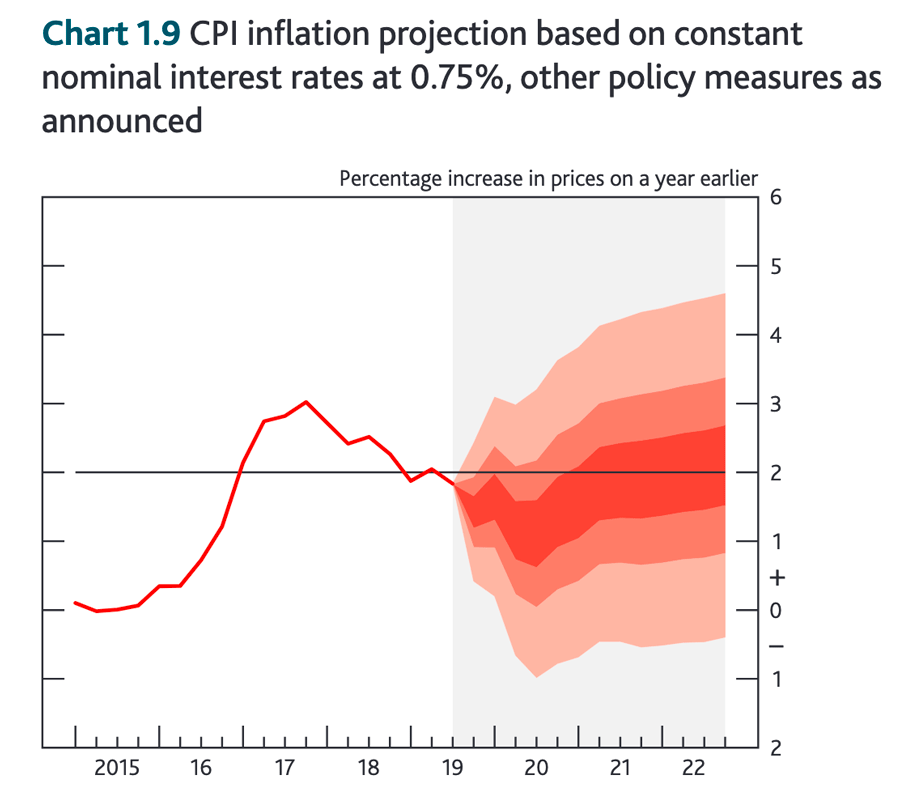Money Supply, Bank Lending and Quantitative Easing
Between 2009 and 2015, the Bank of England has been authorized to create £375bn of assets by the creation of central bank reserves. This new money was used to purchase government gilts. The theory is that by creating extra money and buying gilts from financial institutions, there would be an increase in the money supply …

